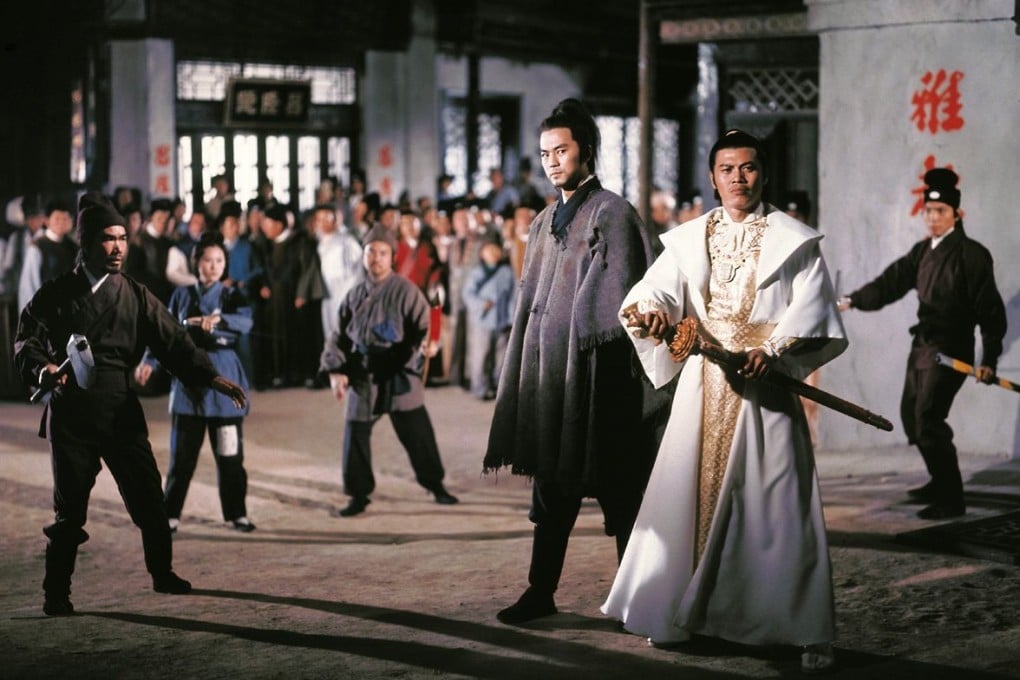Gu Long’s martial arts stories on the big screen: how Chor Yuen adapted 17 of his magical novels, and our pick of the movies
- Chor Yuen’s beautiful set designs supply a surreal touch to Gu Long’s strange stories of sensitive swordsmen fighting martial artists and spirits
- The director scripted most of the films himself and said they were quite faithful to the original stories

His lyrical and poetic – but still violent – fantasies feature troubled, sensitive swordsmen continually trying to discern truth from fiction and good from evil, as they fight against conniving martial artists and, sometimes, cruel supernatural beings.
The heroes, who often fall into doomed love affairs with the heroines who help them, inhabit a fantastical netherworld of picturesque forests – all meticulously crafted on Shaw Brothers studio sets rather than being shot on location – and glamorous houses with multiple rooms, doors and secret nooks.
To create this milieu, Chor Yuen made full use of the Shaw Studio standing sets at Clear Water Bay in Hong Kong’s New Territories, and the lack of forests and lush foliage in the city meant that he had no option but to create such exterior locations inside.
For five years, I made nothing but Gu Long pictures
The beautiful set designs, which brought out the best in Shaw’s vast army of set dressers and props makers, worked to his advantage, with the artifice and artificial lighting supplying a genuinely surreal touch to complement the strangeness of the storylines.